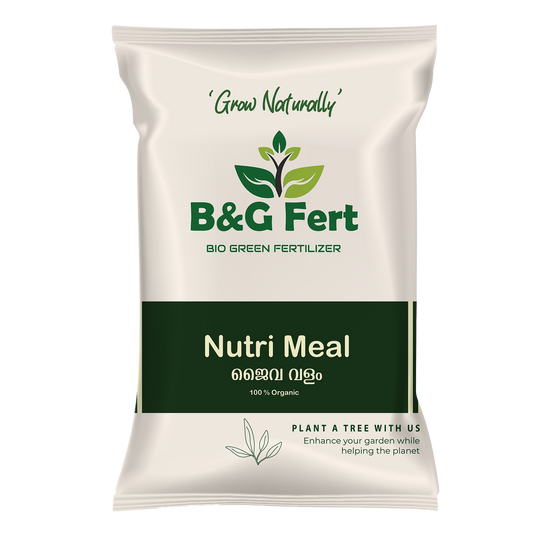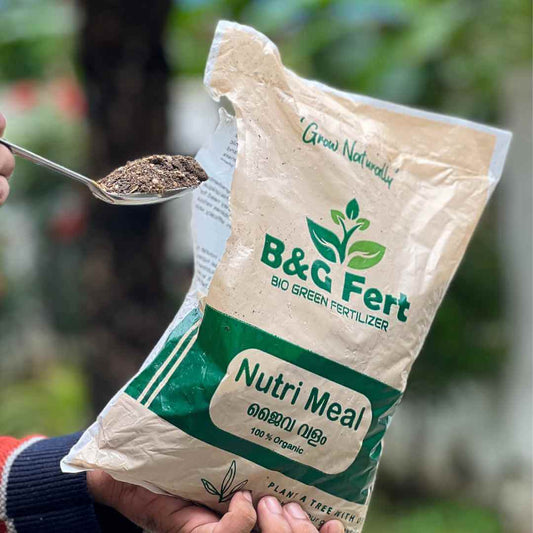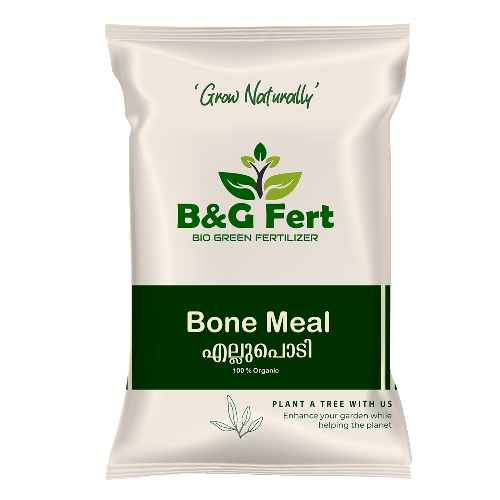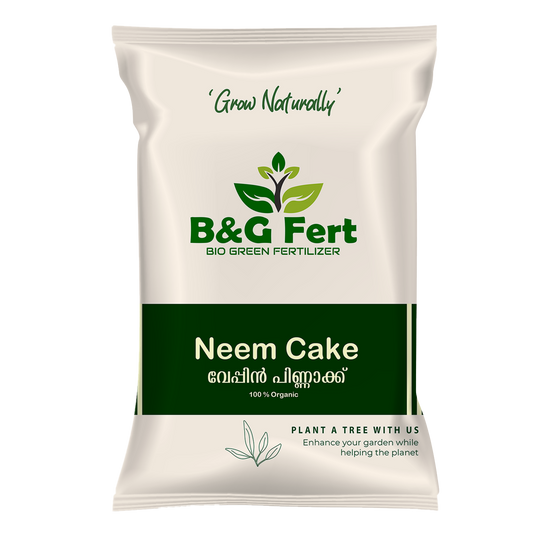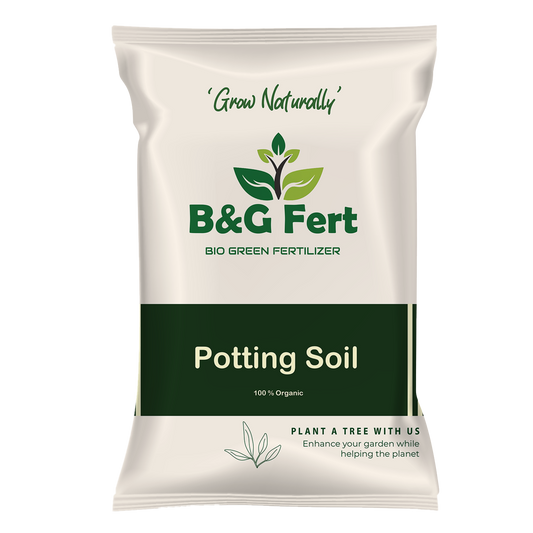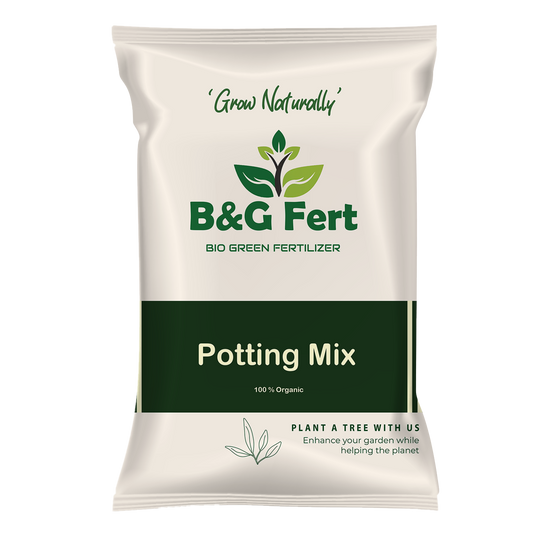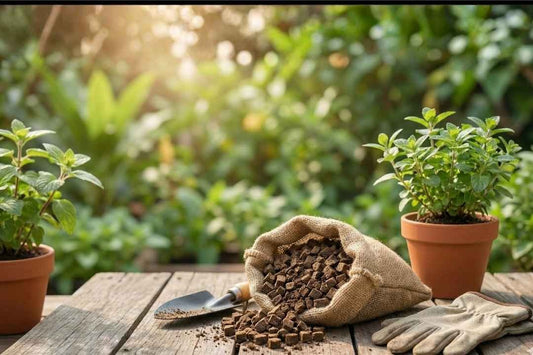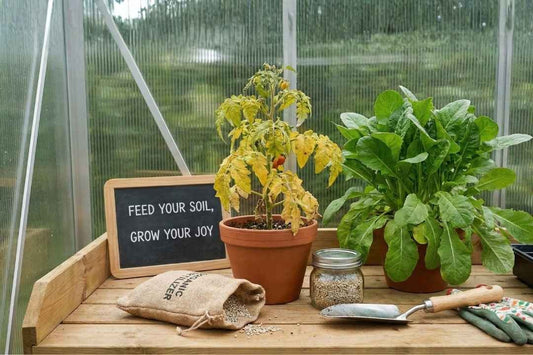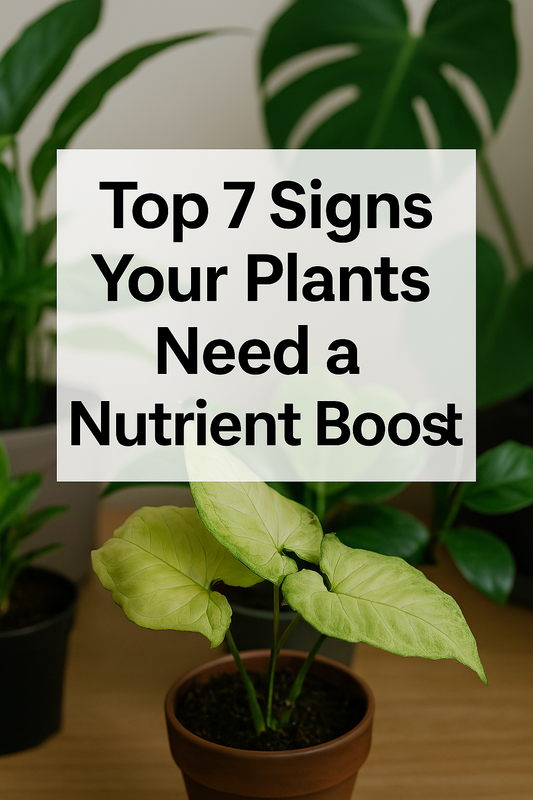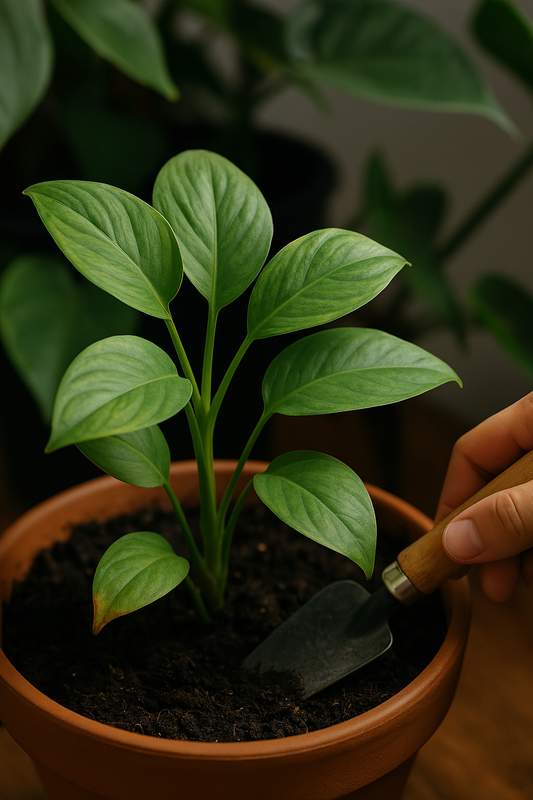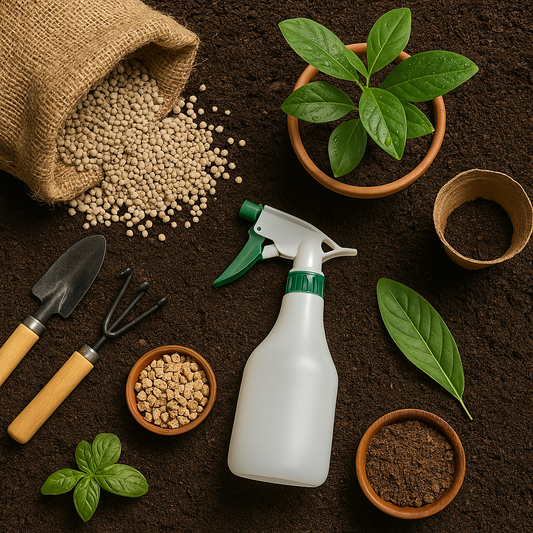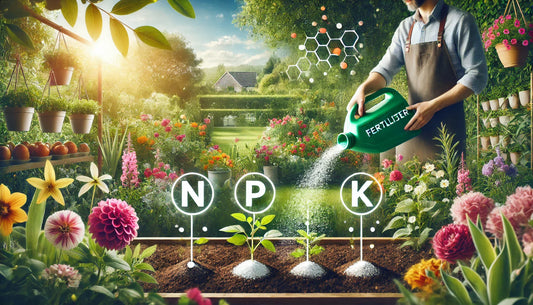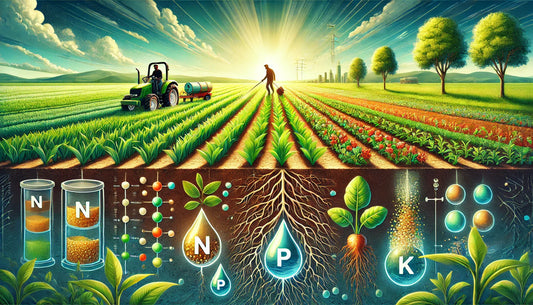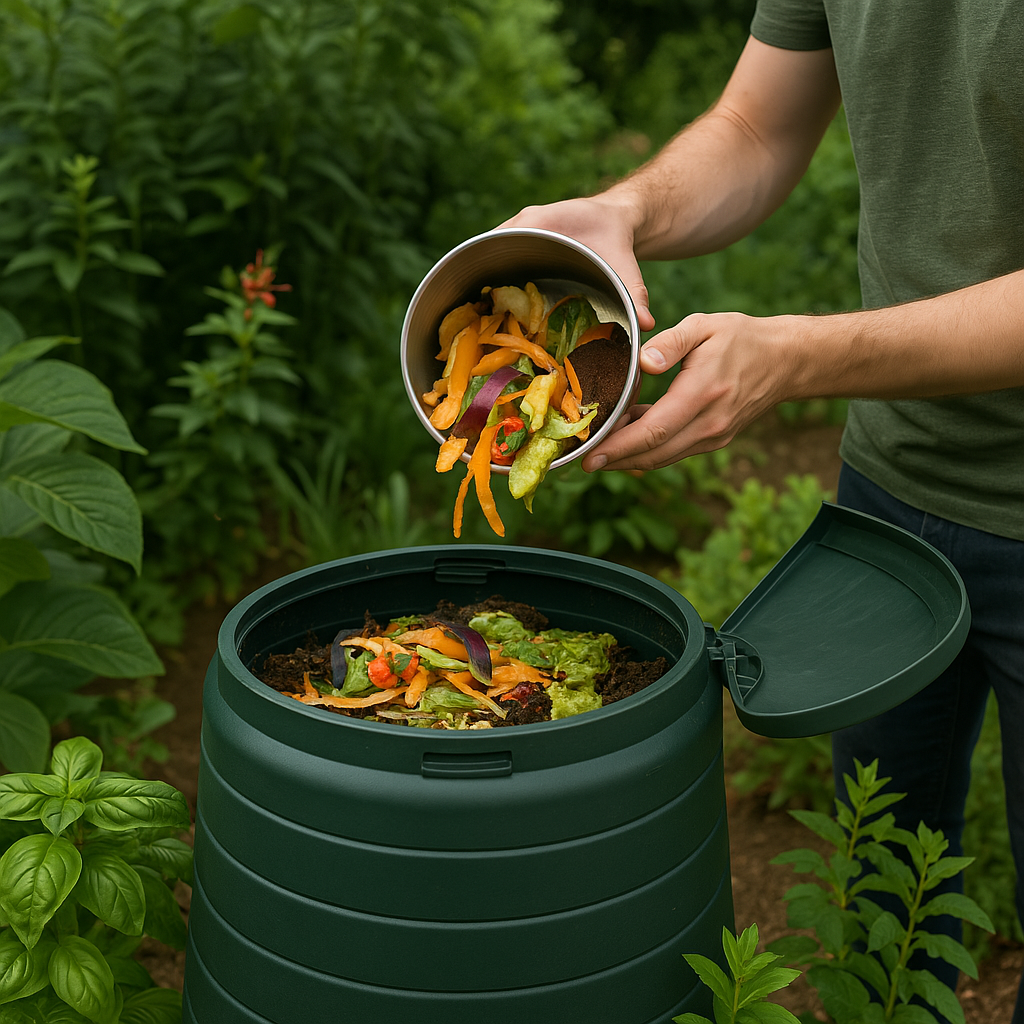
How to Turn Kitchen Waste into Powerful Plant Food
Introduction
Most households throw away kitchen scraps without a second thought. But what if those everyday waste items could be transformed into a natural, effective fertilizer for your garden? Composting is an age-old technique that not only reduces household waste but also enriches the soil with essential nutrients. It's a sustainable practice that turns waste into worth.
What Can You Compost
Composting starts with understanding what you can and cannot compost. Fruit and vegetable peels, coffee grounds, tea leaves, crushed eggshells, and even paper napkins can be composted. These materials decompose naturally and add valuable organic matter to your soil.
Starting Your Compost at Home
You don’t need a huge backyard to start composting. A small compost bin or bucket in your balcony or kitchen corner is enough. Begin by layering your green waste such as food scraps with brown waste like dry leaves or shredded newspaper. This balance prevents odor and encourages faster decomposition.
Benefits of Composting
Compost enhances the soil’s structure, increases its ability to retain moisture, and promotes healthy root development. Unlike synthetic fertilizers, compost does not harm beneficial microorganisms in the soil. It also reduces your carbon footprint by diverting waste away from landfills.
Tips for Effective Composting
Chop your waste into smaller pieces to speed up decomposition. Stir the compost every few days to introduce oxygen and prevent it from becoming soggy or smelly. Avoid composting meat, dairy, and oily items as they can attract pests and take much longer to break down.
Conclusion
Transforming kitchen waste into compost is a simple step towards a greener lifestyle. It’s cost-effective, environmentally friendly, and highly beneficial for your plants. Once you start composting, you’ll wonder why you ever threw those scraps away.
